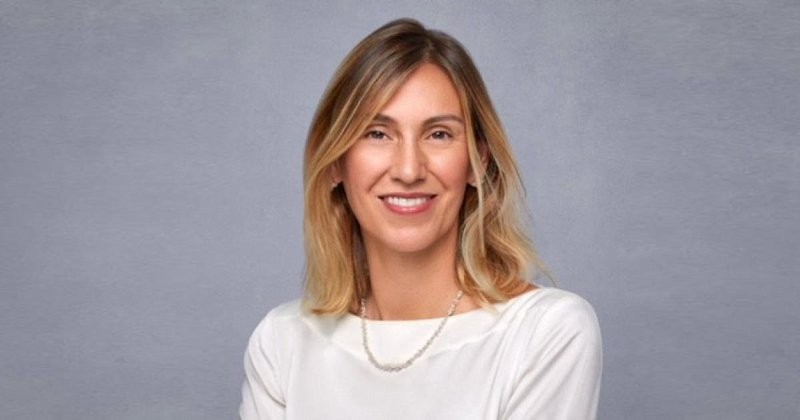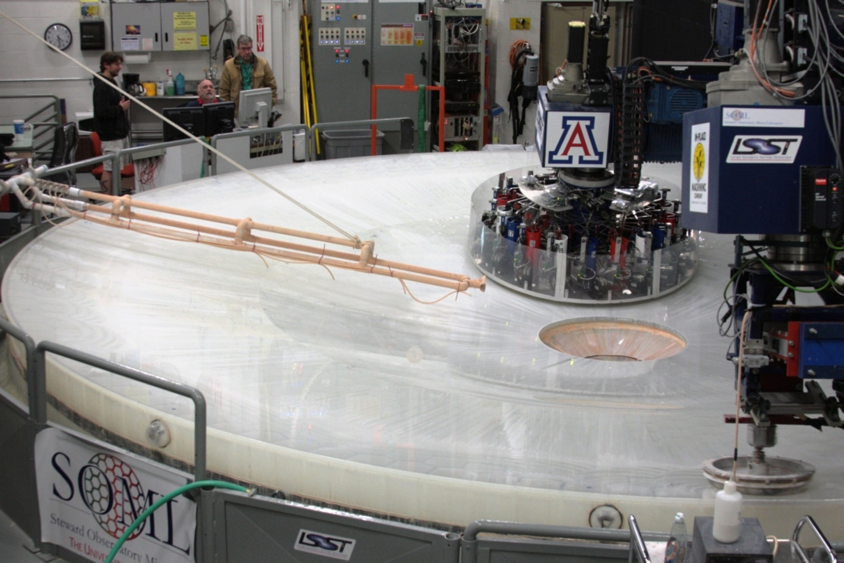In 2016, over 160,000 women had medical help to have their babies, according to a report from the Society for Assisted Reproductive Technology. One of these medical treatments is in vitro fertilization, where an egg is combined with sperm outside of the body.
These treatments, however, come with a cost. One IVF treatment costs an average of $12,000, not including medication. The price for more rounds of treatment adds even more.
Spending over $100,000 dealing with her own fertility issues, Claire Tomkins witnessed the realities of both the cost and stress surrounding the issue.
RELATED: Democratic candidates meet at UA, discuss stances on immigration, development and education
This realization is what led Tomkins, a University of Arizona alumna, to leave her job as the director of product marketing at SolarCity and become founder and CEO of her own fertility treatment company, Future Family, in 2016.
“I think the fertility medical journey can be really challenging for folks,” Tomkins said. “It can be very complicated, very stressful, clearly very expensive.”
Future Family is the world’s first subscription fertility model. They provide people with affordable fertility care in all 50 states.
“Our vision was [subscriptions] are fairly easy to do, and we really want fertility, in some ways, to feel that easy,” Tomkins said. “We can design a custom plan, that’s usually a five-year plan that can be anywhere from $350 to $450 a month.”
Through her job at SolarCity, Tomkins “became very passionate about the impact that we could all have through entrepreneurship,” and said she was both nervous and excited to make the career change.
Tomkins graduated from the UA in 2001 with a Bachelor of Arts in systems and industrial engineering and public policy. She received her Master of Science and Ph.D. from Stanford and has been named a National Science Foundation Fellow and Kauffman Fellow.
Jim Sweeney is a professor for management science and engineering at Stanford. He was Tomkins’ adviser for most of her academic program and one of the faculty members on her dissertation committee, according to Sweeney.
“She was completely full of energy,” Sweeney said. “Very environmentally conscious, and she was an activist in the sense of putting her time and attention where her values were.”
Sweeney said Tomkins was trying to make a difference during her time at Stanford. He said she helped lead the Stanford Outdoor Outreach Program, which provided opportunities for high school students to get outdoors and understand the value of the environment.
RELATED: ‘Arizona 3’ update: Charges dropped, UAPD investigation revealed, ‘Campus Conversation’ up next
Sweeney said that Tomkins’ choice to go from working in solar energy to working in fertility care after her personal experiences with infertility is another example of how value-driven she is.
“She’s done a superb job in integrating her personal skills, her academic skills … and her ability to work with organizations,” Sweeney said. “She’s all the way along done a good job in putting those things together to make a difference.”
Jeff Harbach is the president and CEO of Kauffman Fellows. He was in the fellowship class of 2011 to 2013, just one year behind Tomkins, who was in the class of 2010 to 2012.
“Claire is incredibly driven; she’s incredibly thoughtful, she’s everything you want to see in an entrepreneur,” Harbach said. “What’s amazing about her is she’s taken her life experiences and some of the things that have impacted her life, including her journey to start a family with her husband, and started this company, Future Family, that helps other families do the same thing, especially when it’s impossible for them.”
Harbach said Tomkins recently spoke at a module for Kauffman fellows, sharing her experiences and talking about her company.
“She’s leveraged the things that she’s learned and gone and created a really impactful company,” Harbach said. “We want people to take their raw talents and maximize their potential to make a positive dent in the world, and she’s absolutely doing that.”
In 2016, Tomkins was invited to the UA College of Engineering Homecoming to be the keynote speaker at the Engineers Breakfast. Tomkins said she was excited when she got to come back and speak, as she has great memories of her time as an undergrad at UA.
“Very particularly I’m excited about some of the work that the university is doing around entrepreneurship,” Tomkins said. “I want to encourage more students to think about that as a potential career pathway, down the line.”
Tomkins currently lives in San Francisco and has three children, all born via IVF.
Follow Quincy Sinek on Twitter









